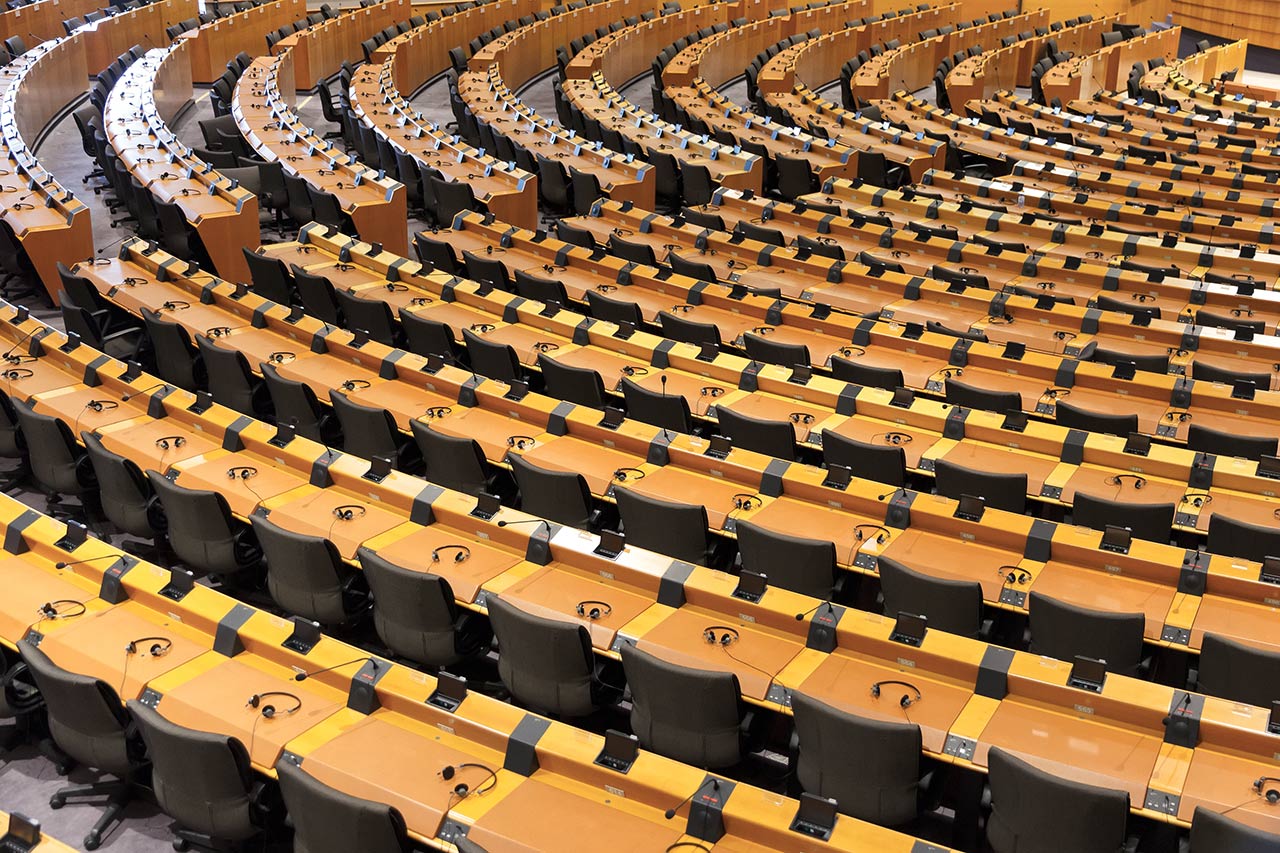What is the relationship between political institutions, political stability & political legitimacy?
What is the relationship between political institutions, political stability & political legitimacy?
Question
What is the relationship between political institutions , political stability & political legitimacy ?
Answer
Political institutions are mechanisms by which power is distributed and regulated within a society. Max Weber argued that there is an important distinction between power as authority and power as coercion (Best, 2002, p. 10). In Western countries and some others, power is wielded by political institutions, but they are “accepted because they are subject to democratic principles” (Garner, Ferdinand and Lawson, 2009, p. 50). Competition through elections and obeying a constitution are parts of such a system.
This can create periodic tensions between competing groups, but overall, the political legitimacy of any government or individual who wins power is guaranteed by the system itself, which remains impartial to the ideologies of competing parties. No party or individual is above the system. Continuity in institutions such as the judiciary and civil service remains, even when governments change, and this creates long term political stability.
In non-democratic states, political institutions play a much lesser role, and political stability is usually guaranteed by the power of the leading elite, which is based on a traditional authority such hereditary privilege, religious beliefs or the use of coercion. So long as the wider society shares these underpinning beliefs, and the state can guarantee the security and wellbeing of the population, such states can be politically stable, as in Saudi Arabia. They can also have internal legitimacy, though perhaps not as much external legitimacy with other states. It often happens, however, that power is concentrated in a few individuals, institutions are hampered by patrimonialism, and there is a low level of internal and external legitimacy. In developing countries, especially, this often leads to political instability. In short, then, political institutions, political stability and political legitimacy are interdependent upon each other, regardless of the form of government in the country concerned.
References
Best, S. (2002) Introduction to Politics and Society. London: Sage.
Garner R., Ferdinand, P. and Lawson, S. (2009) Introduction to Politics. Second edition. Oxford: Oxford University Press.
